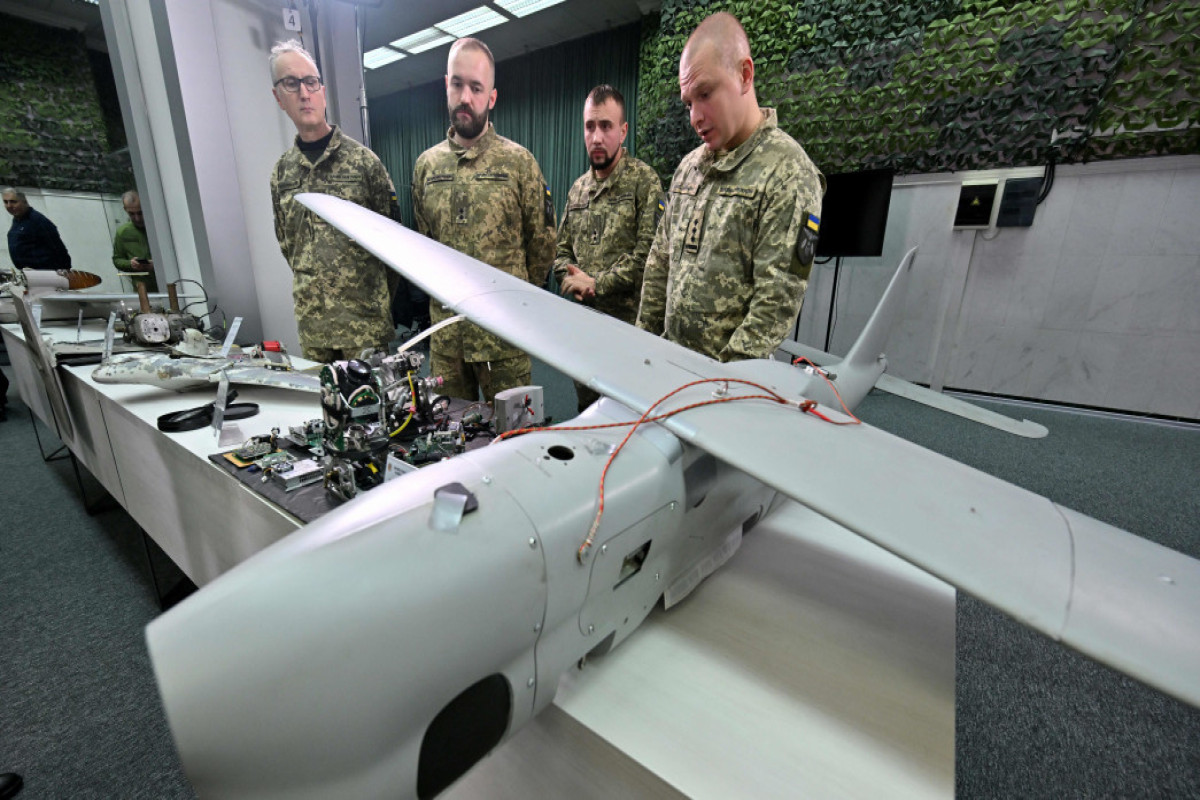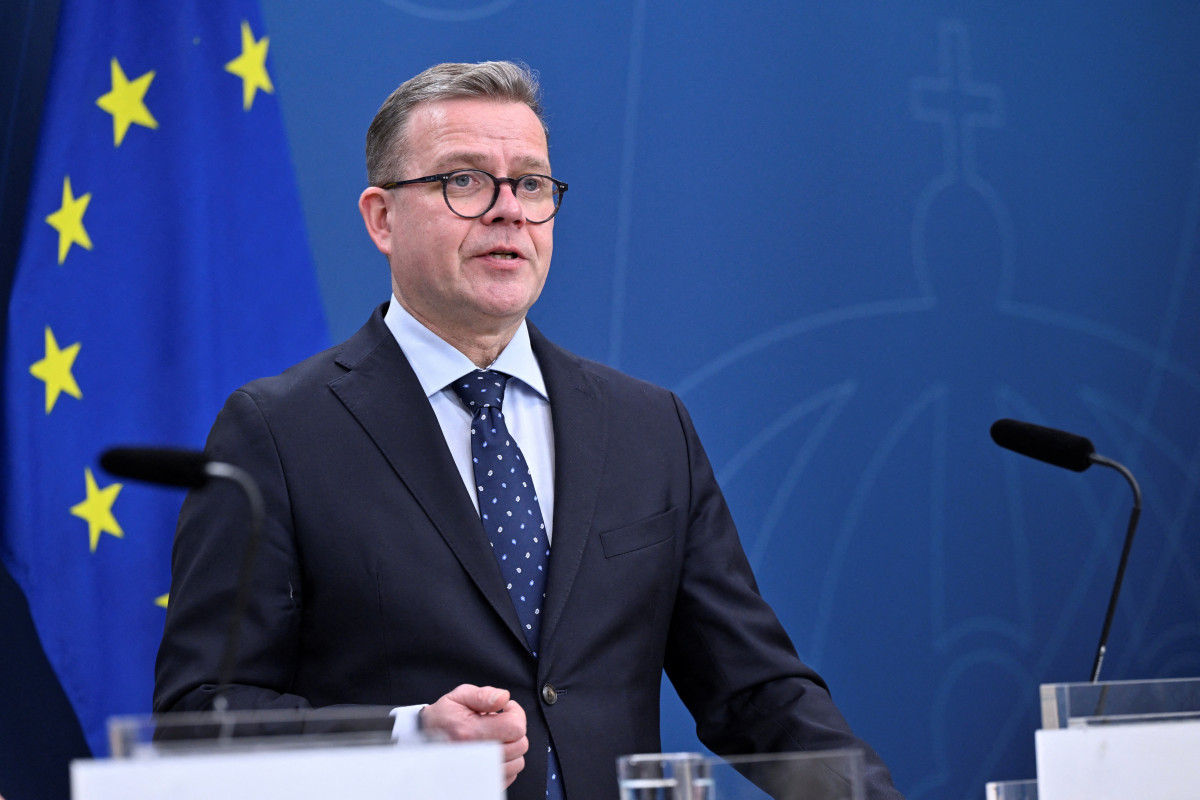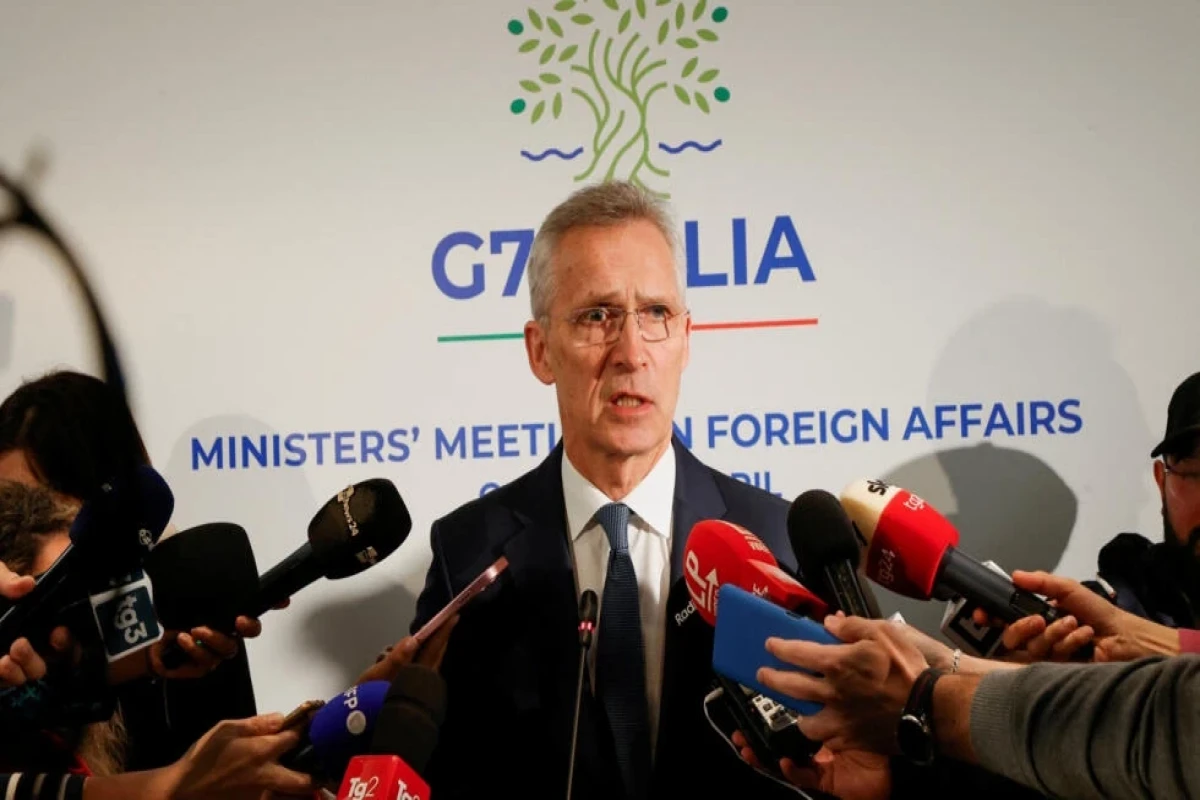Scientists at British universities helped the Iranian regime develop technology that can be used in its drone programme and fighter jets, a JC investigation has revealed, APA reports citing the Jewish Chronicle.
Senior MPs and peers expressed deep concern over the findings, with a government spokesperson saying Britain would “not accept collaborations which compromise our national security”.
At least 11 British universities, including Cambridge and Imperial College London, are involved, with staff producing at least 16 studies with potential Iranian military applications.
The UK bans the export of military and “dual-use” technology to Iran and recently imposed fresh sanctions against Iranian individuals and organisations supplying Russia with kamikaze drones being used in Ukraine.
Iran’s drone and missile arsenal is controlled by the Islamic Revolutionary Guard Corps (IRGC). The government is under increasing pressure to proscribe it as a terrorist organisation.
Yet the JC can reveal that in one project researchers in Britain worked to improve drone engines, boosting their altitude, speed and range. It was funded by Tehran.
Another British university worked with Iranian counterparts to test sophisticated new control systems for jet engines, aimed at increasing their “manoeuvrability and response time” in “military applications”.
Other UK-based scientists have worked with Iran to research the use of unmanned aerial vehicles (UAVs) as mobile base stations to extend the range of communications systems, on special alloys for military aircraft and coatings to upgrade armour plating.
MPs have demanded to know how the research was carried out under the nose of the government’s supposedly tough sanctions regime.
Lord Polak, President of Conservative Friends of Israel, said: “It’s clear that the IRGC controls Iran’s drone programmes, and that these weapons are being used by the Russians in Putin’s war on Ukraine.
"That it has a presence in British universities is yet more evidence — not that any should be needed — that we should have banned the IRGC a long time ago.”
Shadow Foreign Secretary David Lammy said the JC investigation was “deeply troubling” and called on the government to urgently investigate whether sanctions had been breached.
Former Tory cabinet minister David Davis MP questioned whether the government was enforcing compliance with sanctions. He said: “There is little point in having a sanctions regime unless the relevant government departments monitor and enforce it properly.
“It should not be possible for researchers at British universities to effectively assist the Iranian state in enhancing its weapons systems which may be deployed against our allies, or even our own soldiers.”
Among the leading universities where work with Iran has taken place is Cranfield University, a research institution specialising in science, aerospace and engineering, which has a strategic partnership with the RAF.
Academics there and at other UK universities have co-authored academic papers that acknowledge a military application. Others are working alongside academics at Iranian universities that have been sanctioned by Britain, the US and the European Union.
One of the key pieces of UK-Iran research uncovered by the JC was jointly produced by Ahmad Najjaran Kheirabadi, a researcher at Imperial College, and scientists from Shahrood University of Technology and Ferdowsi University of Mashhad.







